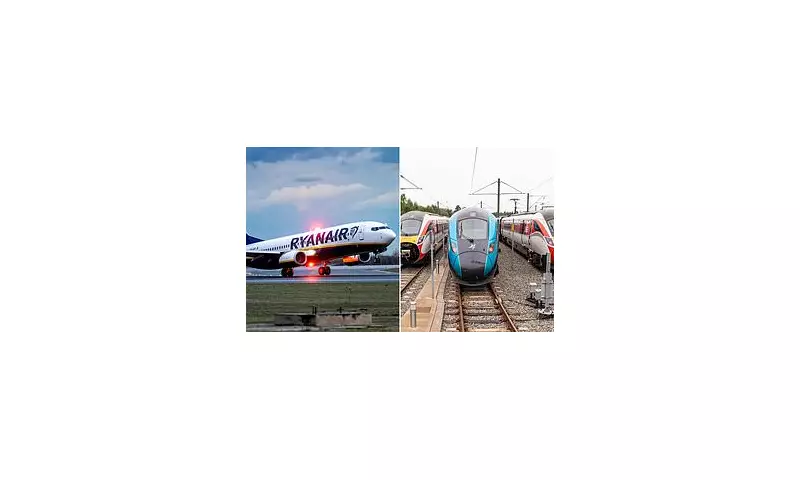
A damning new analysis has laid bare the 'environmental penalty' faced by travellers choosing train over plane for European journeys, with rail fares on some popular routes costing up to twenty-six times more than budget flights.
The Great European Travel Divide
The research, which compared prices across multiple booking platforms, identified some of the most extreme examples of price disparity on the continent. The findings present a significant challenge for policymakers and environmental advocates promoting rail travel as a greener alternative to short-haul flights.
Most Extreme Price Gaps
Among the most shocking comparisons uncovered:
- UK to Austria: A train journey from London to Salzburg was priced at a staggering £362, while a direct flight on the same route cost just £14 – a mark-up of over 2,500%.
- Germany to Hungary: Travelling from Berlin to Budapest by rail cost £303 compared to just £20 for a flight – making the train fifteen times more expensive.
- UK to Spain: The research found a £278 train fare from London to Barcelona versus a £25 flight on the same route.
The Environmental Choice Comes at a Premium
This dramatic pricing structure effectively creates an 'eco-tax' for environmentally conscious travellers, punishing those who make the sustainable choice despite trains producing significantly fewer carbon emissions per passenger than aircraft.
Transport experts point to several factors driving this imbalance, including:
- Heavily subsidised airline operations and tax-free aviation fuel
- The fragmented nature of European rail systems requiring multiple operators
- Substantial infrastructure costs borne by rail companies
- Budget airlines' ability to fill planes with low-margin fares supplemented by fees
Calls for Fairer Pricing
The report has sparked fresh debate about whether governments should intervene to make rail travel more competitive through subsidies or tax reforms. Campaigners argue that making sustainable travel financially accessible is crucial for meeting climate targets.
Until policy changes occur, however, cost-conscious travellers continue to face a difficult choice between their environmental values and their wallets when planning European travel.




